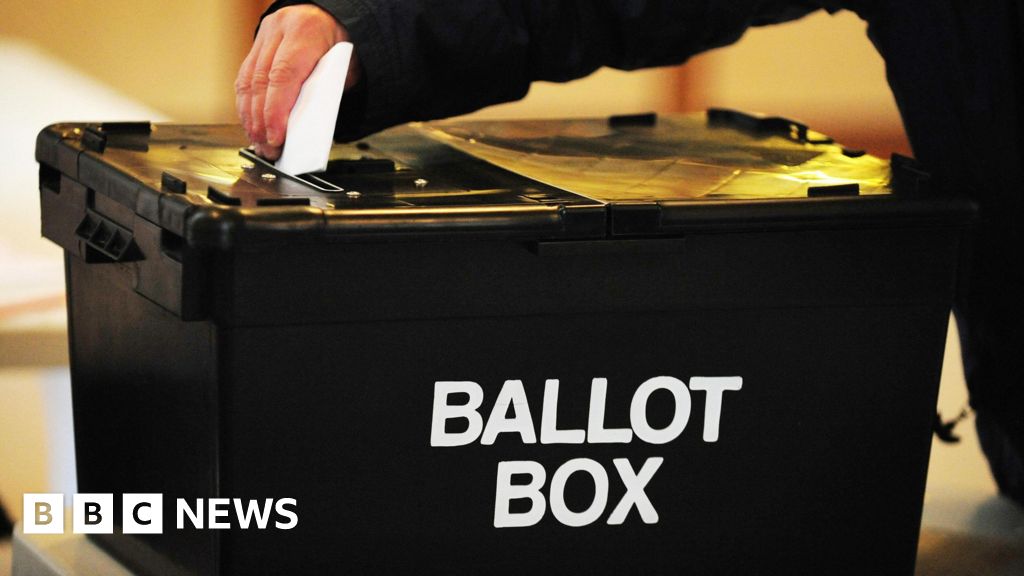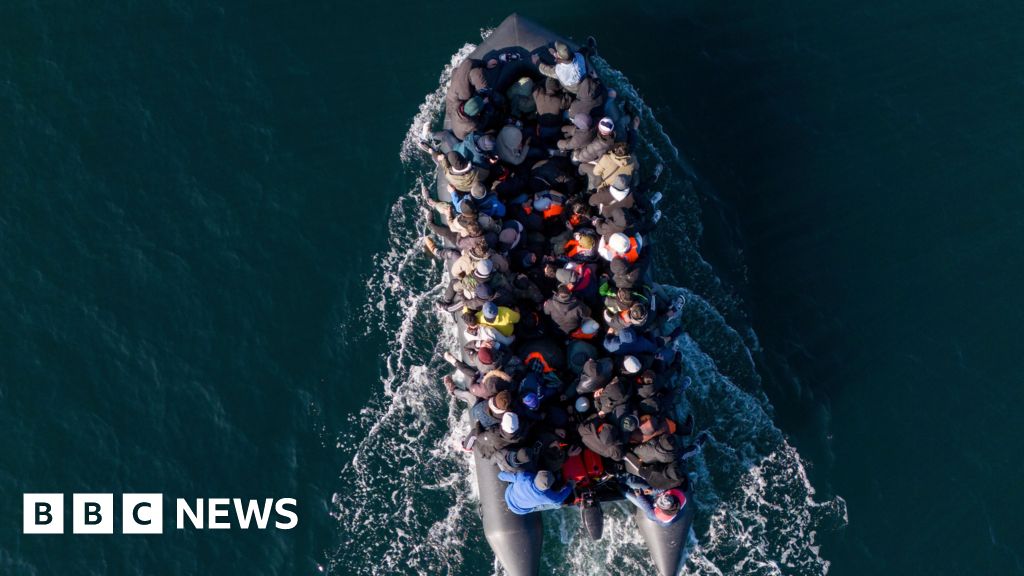ARTICLE AD BOX
By Reality Check team
BBC News
In his speech on Monday evening, President Joe Biden made a series of assertions about US policy in Afghanistan and the reasons behind his decision to withdraw forces from the country.
BBC News has fact-checked some of his claims, comparing them with his earlier statements on Afghanistan and the situation on the ground.
'Our mission in Afghanistan was never supposed to have been nation building.'
President Biden stressed the purpose behind the US intervention in Afghanistan had "always been preventing a terrorist attack on American homeland" and "never supposed to be creating a unified centralised democracy".
This clearly contradicts his previous positions on the US objective in Afghanistan.
At the outset of the conflict in 2001 when Mr Biden was a US senator, he outlined the long-term purpose of the American military intervention, saying: "Our hope is that we will see a relatively stable government in Afghanistan, one that… provides the foundation for future reconstruction of that country."
And again, in 2003 - in another quote, tracked down by the Politico website - he said the "alternative to nation building is chaos, a chaos that churns out bloodthirsty warlords, drug traffickers and terrorists".
image sourceGetty Images
image captionUS forces on a training exercise with Afghan soldiers'I know there are concerns about why we did not begin evacuating Afghan civilians sooner. Part of the answer is some of the Afghans did not want to leave earlier, still hopeful for their country.'
The rapid transfer of power to the Taliban took many Afghans by surprise, not giving them enough time to make plans to leave the country.
However, there had been high demand for a US visa programme for those facing danger in Afghanistan and the scheme was plagued by delays.
There are an estimated 18,000 applicants stuck in the backlog, affecting thousands more of their relatives.
About half have submitted completed applications to the US chief of mission in Afghanistan and the rest are yet to supply all the correct documents.
"The backlog in the system already means it will take an Afghan applicant two to three years or more to reach safety in the US," the International Rescue Committee said.
In his speech, Mr Biden noted 2,000 Afghans and their families eligible for special immigration visas had so far been moved to the US, with more planned.
In response to the crisis, Congress has approved a bill increasing the number of visas by 8,000, and a refugee settlement scheme has been expanded.
image sourceGetty Images
image captionUS forces in Afghanistan relied heavily on Afghan translators and support staff'Afghanistan's political leaders gave up and fled the country.'
President Ashraf Ghani left the country with his aides, ahead of the Taliban advance into Kabul, despite having vowed several times to remain.
But other political leaders have remained and made public statements about doing so.
Former President Hamid Karzai, who served from 2001 to 2014, appeared in a video with his daughters, in which he said he was in Kabul and urged government forces and the Taliban to protect civilians.
Mr Karzai said all political leaders in the country would work to solve the issues peacefully and requested people to be patient.
The first Vice-President of Afghanistan, Amrullah Saleh, is also currently in the country, along with other leaders such as Ahmad Massoud, son of anti-Soviet military leader and politician Ahmad Shah Massoud.
And BBC News's Yalda Hakim has revealed the political leaders currently present in Afghanistan are forming an anti-Taliban coalition.
'The Afghan military collapsed, some time without trying to fight.'
It's true that the collapse of Afghan forces in the final few weeks of the conflict was dramatic.
However, this has to be seen in the context of the rapid, largely uncoordinated departure of international forces from the country.
When President Biden announced the withdrawal of US troops in April, eight thousand allied forces and eighteen thousand contractors who provided logistical support to the Afghan forces also left.
Afghan forces had relied heavily on these contractors and trainers over the past 20 years.
It's also worth noting that the Afghan army may have been well funded and equipped on paper, but the reality was different, often blamed on corruption and low morale.

 3 years ago
139
3 years ago
139








 English (US) ·
English (US) ·